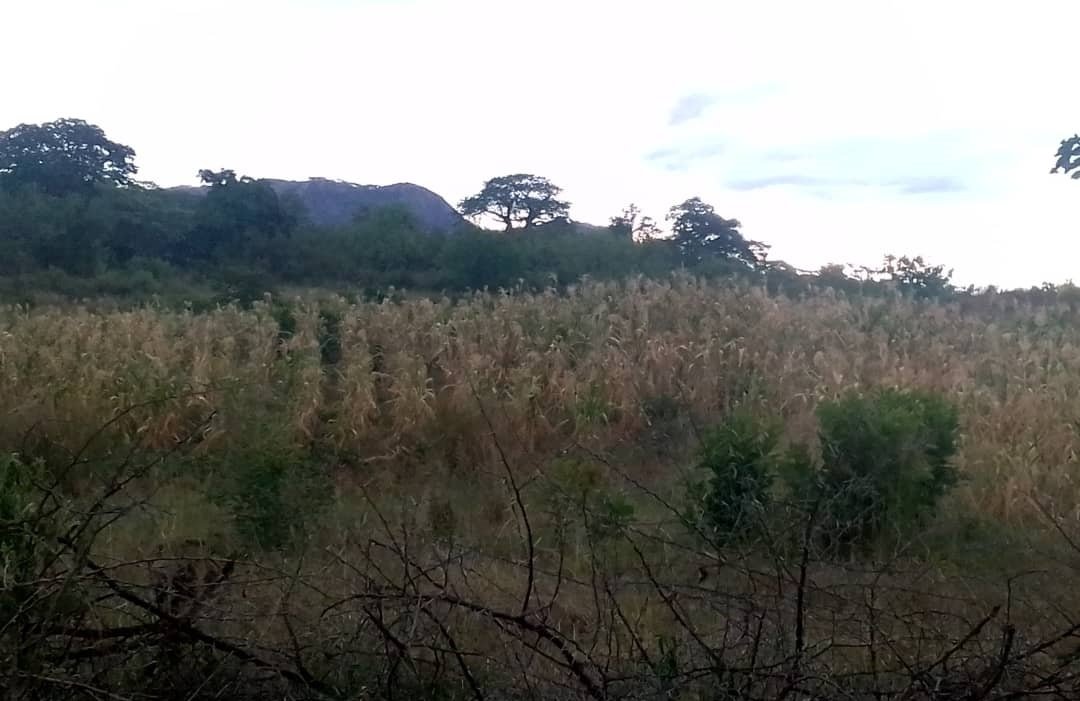…As climate change effects take toll
Emmanuel Chitsika
With the realities of climate change and its effects taking toll on humanity worldwide, young mothers in Chivi South constituency of Masvingo province have not been spared as they face acute food shortages due to unpredictable rains.
Located at the heart of the semi-arid ecological farming region 4 just to the north of Mwenezi district, the area has witnessed persistent droughts resulting in death of cattle while in terms of crop production, the district rarely records good harvests though farmers in the area continuously cultivate crops like groundnuts, round nuts, maize as well as drought tolerant varieties like rapoko, sorghum and millet.
The completion of the country’s biggest water body in Tugwi-Mukosi dam was poised to bring with it some notable changes in as far as weather patterns are concerned but climate change seems to defy the odds as 2022-23 cropping season has and continue to face challenges like moisture stress due to excessive dry spells the district has experience. The ensuing challenges point to challenges like food insecurity which has become a common feature forcing most families to rely on buying maize or mealie meal.
Without any reliable sources of income to sustain their families and any other related agricultural activities like gardening (in times of drought), young mothers face daunting tasks as they seek to provide food on the table for young families.
The first batch of crops planted under climate proof agriculture Pfumvudza suffered at the hands of the searing heat and some maize crops written off.
Young women are left with no option than joining the ‘great trek’ to Runde River to pursue gold panning in the crocodile-infested river which has become a common habitat for most families since the popular devastating 1992 drought.
“Our crops are almost written off because of the impending drought. The maize crops we planted way back in October are wilting and this year seems not to be that good for us as a community because hunger is knocking at our doors.
“But if we fail to harvest any crop we will have to pack our bags ‘totoinda kwaRunde kuZungura’ (we will go to Runde river for gold panning),” said one young mother.
Unfortunately for these young mothers, the droughts have at times coincided with election periods which have witnessed the politicization of food distribution by the ruling Zanu PF as a way of luring voters. The young mothers are relegated down the societal hierarchy as the older members of society are given first preference at the expense of the former.
Social Welfare food schemes have also eluded this section of the population despite the fact that some of their spouses working in neighbouring South Africa would have long forgotten part of their responsibilities to fend for their families.
“As for us young mothers, we are not even considered when it comes to food distribution even that from government. We have since discovered that such welfare schemes are meant for the elderly members of this community despite the fact that some of them have children well up there and the people who recommend beneficiaries will always consider old people while neglecting young people some of who are in dire need of such help.
“We don’t know how these traditional leaders and councillors recommend people for food aid because we have seen needy members of society being left out of these schemes. Our situation has been worsened by the fact that we will not be able to use our gardens for vegetable production as the dams won’t be able to sustain that,” said another source.







